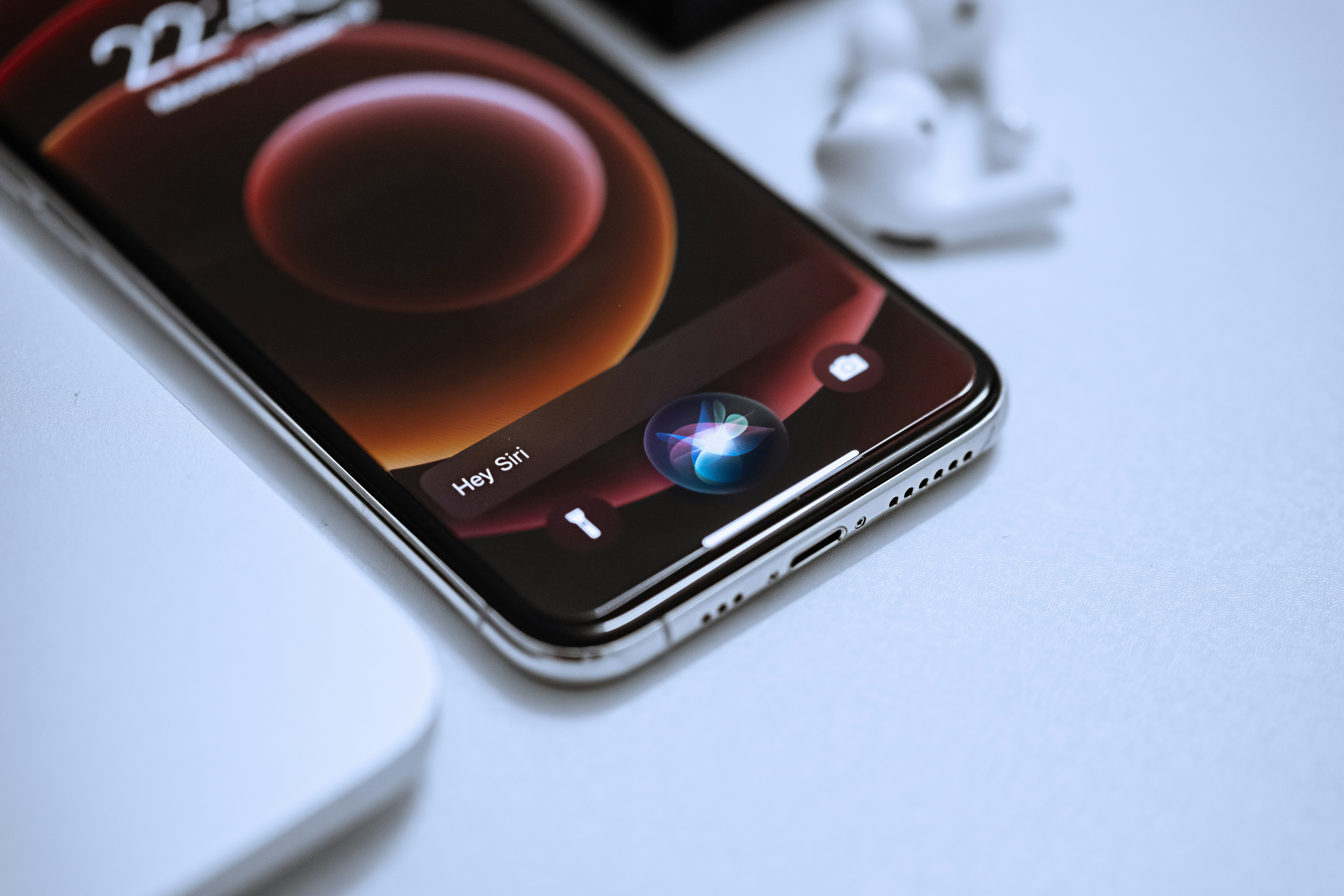The Emoji Whisperer: Decoding Teen Emotions in the Digital Age
Published on August 17, 2024
The Emoji Whisperer: Decoding Teen Emotions in the Digital Age

In the ever-evolving landscape of digital communication, emojis have become the hieroglyphics of our time. These tiny pictographs have revolutionized how we express emotions, particularly among teenagers who have grown up in the age of smartphones and instant messaging. But what lies beneath the surface of these colorful icons?
The Language of a New Generation
For many adults, deciphering the true meaning behind a string of emojis can feel like trying to crack an enigma code. However, for teens, these symbols are as natural as breathing. They've developed a nuanced language that goes far beyond the simple smiley face or heart icon.
Consider the following emoji sequence: 🙃🤷♀️😅
To the untrained eye, this might seem like a random assortment. But to a teen, this could translate to something like: "I'm pretending to be okay with this situation, but I'm actually really unsure and kind of anxious about it."
The Emotional Subtext
Emojis allow teens to express complex emotions that they might struggle to verbalize. The use of multiple emojis in sequence can create layers of meaning, conveying tone, sarcasm, and subtle emotional states that might be missed in plain text.
For example:
- 😊 - A simple smile might indicate genuine happiness
- 😊😊😊 - Multiple smiles could suggest enthusiasm or excitement
- 🙂 - A slight smile might imply politeness or forced positivity
- 😀 - A grinning face could denote sarcasm or playful teasing
Bridging the Communication Gap
For parents and educators, learning to interpret these digital hieroglyphics can open up new avenues for understanding and connecting with teens. It's not just about knowing what each emoji means, but understanding how they're used in context and in combination with other emojis.
By showing interest in this form of communication, adults can demonstrate their willingness to enter the teen's world, fostering trust and opening doors for more meaningful conversations.
The Future of Emotional Expression
As AI and natural language processing continue to advance, we may soon see tools that can analyze emoji usage patterns to provide insights into emotional states and mental well-being. Imagine an app that could alert parents or counselors to potential signs of depression or anxiety based on changes in a teen's emoji usage.
While such technology raises important privacy concerns, it also holds the potential to revolutionize how we understand and support emotional health in the digital age.
Conclusion
Emojis are more than just cute pictures – they're a window into the emotional world of today's teens. By learning to decode this new language, we can build stronger connections and foster better understanding across generations.
As we continue to navigate the complex landscape of digital communication, tools like Thinker are emerging to help bridge the gap between traditional forms of expression and the emoji-laden language of today's youth. By leveraging AI to interpret these nuanced forms of communication, we can create more supportive and understanding environments for teens to express themselves and seek help when needed.


